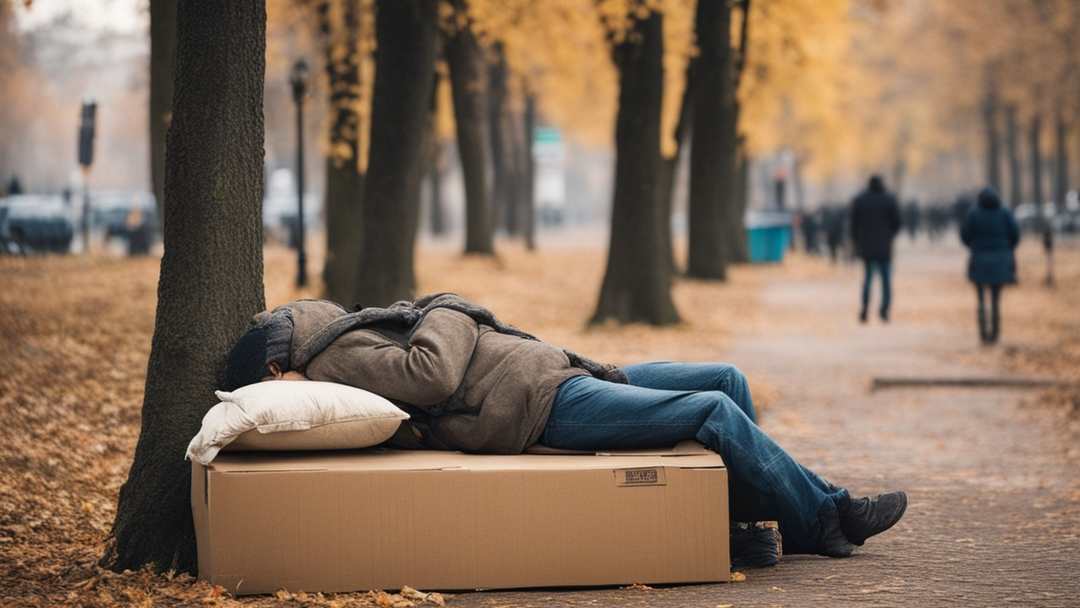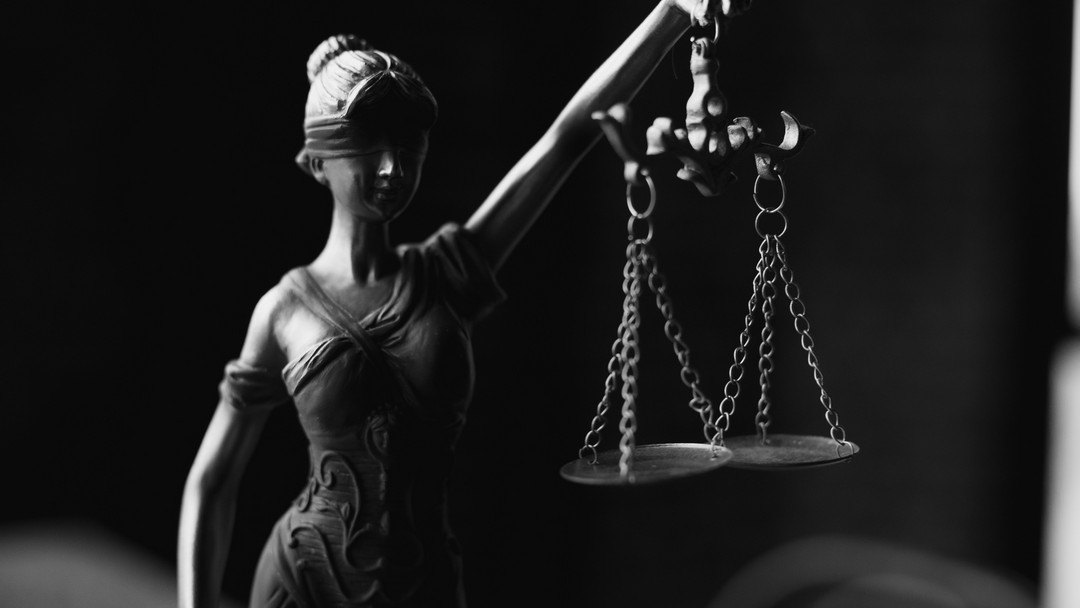Michigan Court of Appeals – Recreational Cannabis Use and Probation
At Komorn Law, we are dedicated to protecting the rights of our clients and staying at the forefront of legal developments.
Our firm’s success in the landmark case of People v. Thue set a significant precedent for medical marijuana patients on probation. Recently, another pivotal case, People v. Lopez-Hernandez, was decided by the Michigan Court of Appeals, which further clarifies the boundaries of marijuana use under probation conditions.
Case Summary: People v. Lopez-Hernandez
In People v Lopez-Hernandez, the defendant, Marco A. Lopez-Hernandez, appealed his probation violation based on the argument that his use of recreational marijuana, compliant with the Michigan Regulation and Taxation of Marihuana Act (MRTMA), should not be penalized.
Lopez-Hernandez had been placed on probation after pleading guilty to operating a vehicle while visibly impaired by marijuana. As a condition of his probation, he was prohibited from using marijuana. When he tested positive for marijuana use, he was found in violation of his probation.
Court’s Decision
The Michigan Court of Appeals affirmed the lower court’s decision to uphold the probation violation. The court distinguished this case from the Thue decision by noting the context of Lopez-Hernandez’s initial offense, which involved operating a vehicle under the influence of marijuana—a direct violation of both state law and the terms of his probation.
The court emphasized that while the MRTMA decriminalizes the use of marijuana by adults, it does not protect individuals who violate other laws, such as operating a vehicle while impaired.
Therefore, the condition of probation prohibiting marijuana use was deemed lawful and rationally related to the defendant’s rehabilitation.
Implications for Marijuana Users on Probation
This ruling underscores the critical distinction between medical and recreational marijuana use under Michigan law, particularly in the context of probation conditions.
Probation Conditions and Marijuana Use:
Under the MRTMA, adults over 21 years old are allowed to use marijuana recreationally. However, this does not extend to situations where the use of marijuana violates other laws or probation conditions.
Conditions prohibiting marijuana use can still be imposed on probationers if they are rationally related to the offense and the individual’s rehabilitation.
Impact of Prior Offenses:
Individuals convicted of marijuana-related offenses, especially those involving impaired driving, can expect stricter probation conditions related to marijuana use.
This decision clarifies that using marijuana recreationally in violation of the law (e.g., driving under the influence) will not be protected under the MRTMA.
Distinction from Thue Case:
The Thue case protected medical marijuana patients from probation conditions that prohibited compliant use of medical marijuana.
The Lopez-Hernandez decision makes it clear that similar protections do not necessarily apply to recreational use, especially when the underlying offense involves marijuana-related impairment.
The People v. Lopez-Hernandez decision highlights the ongoing evolution of marijuana law in Michigan and the importance of understanding how it intersects with probation conditions.
Legal Counsel and Your Rights
When facing legal challenges, particularly in criminal cases, it is advisable to seek legal counsel immediately.
An experienced attorney can provide guidance on how to navigate interactions with law enforcement while safeguarding your constitutional rights.
Since 1993 our expert legal defense in navigating criminal law matters and protecting your constitutional rights are what we eat for breakfast everyday.
Contact Komorn Law PLLC if you’re ready to fight and win.
Research us and then call us.
Recent

MI Court of Appeals – MRTMA defense denied dismissal
Does the Michigan Regulation and Taxation of Marihuana Act protect you in all Marijuana scenarios?The Conflict The central issue in this interlocutory appeal is whether the Michigan Regulation and Taxation of Marihuana Act (MRTMA), MCL 333.27951 et seq., prevents a...

SCOTUS – Justices uphold laws targeting homelessness
Does not amount to “cruel and unusual punishment” under the Eighth Amendment The Supreme Court has affirmed the validity of ordinances in a southwest Oregon city that restrict individuals experiencing homelessness from utilizing blankets, pillows, or cardboard boxes...
Other Articles
Do Students Have 4th Amendment Rights in Schools
Students and 4th Amendment RightsStudents are entitled to a right to be safe from unreasonable searches and seizures even within school premises, as ruled by the Supreme Court of the United States. However, these rights are somewhat limited for students, allowing...
Forfeiture Law: SCOTUS and Sixth Circuit Issue Landmark Rulings
Forfeiture Law in Focus: SCOTUS and Sixth Circuit Issue Landmark RulingsThe landscape of forfeiture law has been significantly shaped by recent decisions from the U.S. Supreme Court and the Sixth Circuit Court of Appeals. These rulings, in the cases of United States v...
When Can Your Silence Be Used Against You in a Legal Situation?
US Supreme Court - Salinas v. TexasWhen Can Silence Be Used Against You? In the realm of criminal law, the Fifth Amendment to the United States Constitution grants individuals critical protections, including the right to remain silent and the right against...
Supreme Court 8-1 Gun Possession Decision Changes Second Amendment
Supreme Court 8-1 Gun Possession Decision Changes Second Amendment Landscape Forever!Issue: Whether 18 U.S.C. 922(g)(1), the federal statute that prohibits a person from possessing a firearm if he has been convicted of “a crime punishable by imprisonment for a term...
















